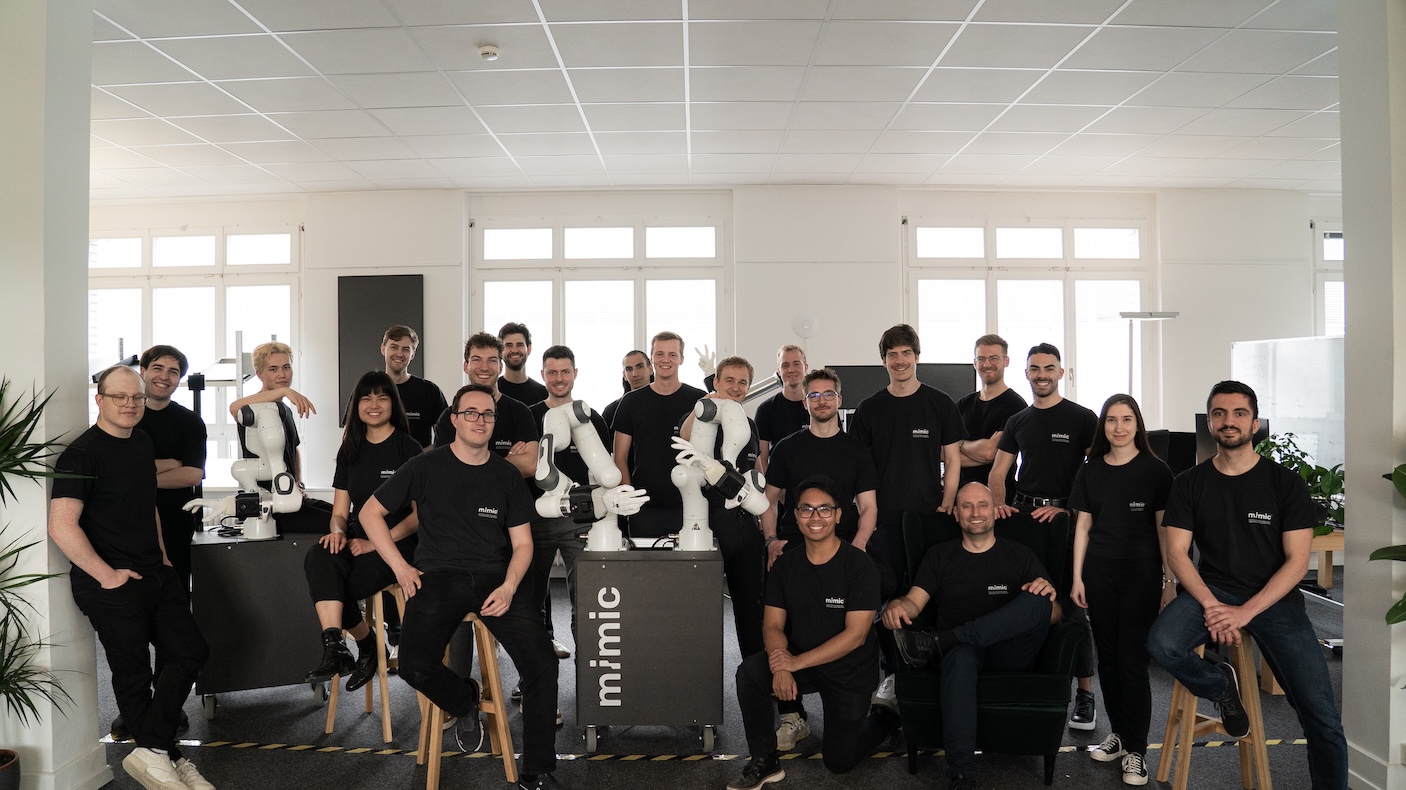Incubators and Accelerators are Driving Digital Health in France
Europe is taking on Digital Health.
First, at Speedinvest, we define Digital Health as a “collective of verticals.” That includes technologies, platforms and systems that engage consumers for lifestyle, wellness and health-related purposes; capture, store or transmit health data; and/or support life science and clinical operations.
All eyes in this field tend to be on the United States and Asia — the innovation leaders in the relatively young Digital Health market. However, Europe is up and coming with over 600 active Digital Health startups, including unicorns DocPlanner, Babylon, and French unicorn, Doctolib.
We continue to see the rapid acceleration of digitization in healthcare due to an aging population, an increase in chronic diseases (due to lifestyle) and, of course, more recently, our favorite 2020 topic, COVID-19.
Interested in the current Digital Health trends across Europe? Click here to see what’s hot right now.
With record-breaking funding directed toward Digital Health in 2020 and an expected 160% increase in the global market by 2023 compared to 2019 levels, now is the time to get acquainted with the French early-stage Digital Health ecosystem.
Watch out London… French tech is hot on your tail.
Investors are taking notice of the European market growth and potential, especially in France — an established world leader in healthcare system performance and life expectancy since the installment of its unique public-private universal health care system in 1945. Innovation in healthcare isn’t new to France and COVID-19 has only accelerated the trend.

As of Spring 2019, Paris is the fastest growing tech hub in Europe (second only to London in size) with BpiFrance leading investment in Europe’s Digital Health scene. As seen in the overall market, local investors and accelerator managers have seen an increase in average deal size (also second only to London), especially when it comes to early-stage Digital Health startups (10% CAGR since 2016).
The French market size was estimated in 2019 to reach €4 billion by 2020 with this forecast most likely to increase due to the recent global pandemic. At the helm are unicorn Doctolib, a platform for booking and locating nearby health practitioners, and Alan, a health insurance platform valued at €800m in April 2020. Both companies are Agoranov alumni, one of the top accelerators in France. Accelerators and incubators have been rather ubiquitous throughout France’s journey of holding the fastest growing tech hub in Europe.
French tech is getting a big boost from incubators and accelerators.
After speaking to investors at BPIFrance and managers at leading incubators and accelerators of the Grand Est, here’s what we learned:
- In the past three years, France has continued to invest heavily in the creation of tech hubs and promotion of tech talent under the ‘La French Tech’ program.
- The country now boasts dozens of tech hubs, including Station F, the world’s largest startup campus, 240 incubators, 50 accelerators and 70 competitiveness clusters, known as “Pôles de compétitivité” in French.
- 65% of French tech startups incorporated in the last five years joined incubators and accelerators, the majority of them being Digital Health startups.
- Similar to incubators, poles are public non-profit organizations, that bring together founders, research centers, universities and innovation associations in order to launch strong and sexy startups. This is in contrast to accelerators, which only make limited commitments. Incubators and pôles accompany startups for an indefinite time and tend to be less selective when it comes to their founders.
- Since many French Digital Health startups successfully complete an incubation or acceleration, they may find it easier to connect with an investor that is a good fit and potentially attract larger investments at early-stage rounds.💰
- Since so many startups go through incubators and accelerators, French Digital Health investors have many options to pick from.
Below are some examples of key incubators and accelerators in France. First the incubators:
iPEPS-ICM incubator for Digital Health startups is coordinated by the ICM (Brain and Spine Institute), located at Station F, the largest startup campus in the world, and funded by billionaire entrepreneur Xavier Niel on the site of a former railway station.
Agoranov is one of the largest and oldest tech incubators in Paris, supporting projects in the fields of Deep Tech and Health. Alumni include Doctolib, Ynsect and Cardiawave.
Paris & Co: Tech Care Paris is a one to two year e-health, wellbeing and Medtech incubation program. The program provides startups with the opportunity to collect data regarding hospital performance, patient experience and elderly care.
Semia, based in Alsace, is the largest health incubator in France (covering Biotech, Medtech and e-health). This incubator has a rather atypical startup growth strategy. Although a non-profit organization, Semia strongly focuses on startup GTM strategy with an ultimate goal of making startups profitable by the time they reach Series A.
And here, some of the key accelerators:
Hub Healthtech by BPIFrance is a hub in partnership with Roche and Sanofi to accelerate the growth of e-health startups in the French market.
Big Booster supports early-stage startups including health startups that have a proof of concept or a prototype with the ambition to develop internationally.
EuraTechnologies supports early-stage startups with high traction (including digital health ones) by implementing growth strategies through its 3 accelerator programs (Scale, Rocketship and Grow).
Digital pharma lab partnered with Servier, Biogen, Sanofi, BPIFrance and others. Digital Pharma Lab is a 5-month pharmatech acceleration program.
Related Reading: Top Early-Stage European Healthtech VC Funds
Why we’re excited about French Digital Health
As a major player in the EU’s economy, the country of 67 million inhabitants has proven to be the perfect large, central location to launch and scale a successful business. 🚀 Why?
Well, here are some clues and a quick recap.
- France hosts some of the top EU technical schools and universities (Ecole Polytechnique, Paris Sacclay University, HEC etc.), delivering brilliant talent.
- Its strong foundation for innovation backed by strong healthcare infrastructure and recent government €€€ towards healthcare innovation.
- And, as previously mentioned, the French ecosystem incubates and accelerates founders, de-risking them for investment.
This is why we decided to put our boots on the ground and open a Paris office earlier last year. Although the pandemic accelerated the trend of Digital Health innovation in France, we believe we’ll be seeing a further increase in this trend in the post-pandemic world. For a more in-depth analysis of the French Digital Health ecosystem, head over to this blog article from our very own French investor, Shiraz Mahfoudhi.
Learn more about the Speedinvest Health team and sign up for our newsletter to get our exclusive content delivered straight to your inbox.













.svg)
